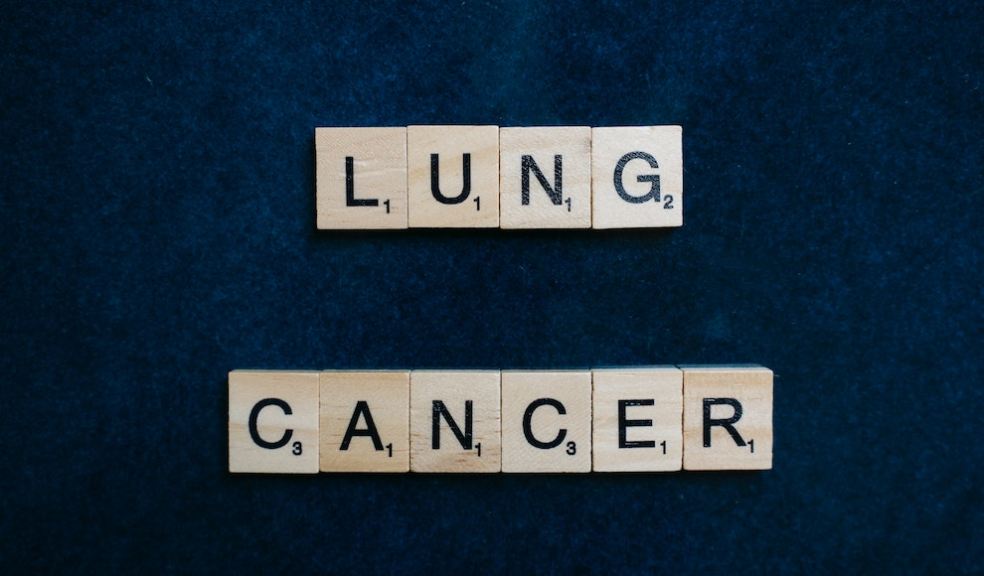
Let's Learn How Cancer Can Affect Your Lungs
No matter the disease, the first step is getting treated at an early stage as soon as the detection. If you have a lung disease, you can overcome the ailment by curbing its progression and eliminating the risks. Since diagnosis is crucial, one must test their lungs to understand their state of health. After all, cancer is one of the top reasons for death in male and female populations.
Types of lung carcinoma
Cancer is a tumorous growth that can affect different body parts, like the lungs. If it afflicts the lungs, doctors look at the affected cells to determine its nature so they can offer proper treatment. For instance, it can be small cell lung cancer, representing 15% of cases. Tiny cells grow and spread rapidly in the bronchi closer to the chest in this cancer type. Small cell lung cancer can also be of 2 types: small cell carcinoma and combined small cell lung cancer. The cells in the first type of cancer look flat when seen from a microscope. If someone has other lung cancer, the disease has affected their small and non-small cells.
Non-small cell lung cancer cases form about 85% of cases. This type of cancer develops slowly in the lungs. You can divide this type of cancer into three categories: Adenocarcinomas, Squamous, and Large cells. Adenocarcinomas attack those cells that help you breathe and secrete mucus. The ailment damages the outer lung area. Squamous cell cancer occurs in the central tissue system of the lungs near the bronchus. Cancer in the lung's large cells starts in the outer lining and can be a subgroup of non-small cell cancer. Other types of cancer in this body part can be carcinoid tumors, sarcomas, adenoid cystic carcinomas, etc.
Symptoms and causes of the disease
In this ailment, symptoms usually reveal themselves later. They remain elusive in the early stages. Also, anyone can confuse those symptoms with other conditions. However, the American health department advises that people consult their primary care professionals if they experience stubborn cough, bloody mucus or phlegm, worsened chest pain due to laughing and deep breathing, appetite loss, shoulder ache, shortness of breath, coarse voice, sudden weight loss, etc. A person can feel fatigued also.
If cancer aggravates, the signs can manifest through pain in the back or hip bones, seizures, headaches, swollen legs and arms, dizziness, jaundice, swollen lymph nodes, etc. Some people can also experience facial paralysis. Because most cancer types spread slowly, many people may remain unaware of their illness for months and years. 90% of patients become victims of this ailment due to smoking habits. Genetics and exposure to secondhand cigarette smoke, radon, asbestos, etc., can also be the reasons.
If you feel uneasy about your lung health, consult your doctor. A physician may recommend tests, such as CT scans, X-rays, MRI, and PET. If they notice anything, you may have to undergo a lung biopsy. The diagnosis itself is a lengthy process. Specialists do a thorough analysis to determine the stage of cancer and the chances of recovery.













